media centre
Keep up to date with the latest news, comment and insight from SMMT, covering all key UK automotive industry issues, developments and trends, including market and manufacturing performance across every sector.
News
FILTER search:
Select year
Select year
2025
2024
2023
2022
2021
2020
2019
2018
2017
2015
2014
2013
2012
2011
2010
2009
2008
2007
2005
2004
2003
2002
2001
2000
1999
1998
1997
1995
1994
1993
1992
1991
1990
1989
1988
1987
1985
1984
1983
1982
1981
1980
1979
1978
1977
Select month
Select month
Jan
Feb
Mar
Apr
May
Jun
Jul
Aug
Sep
Oct
Nov
Dec
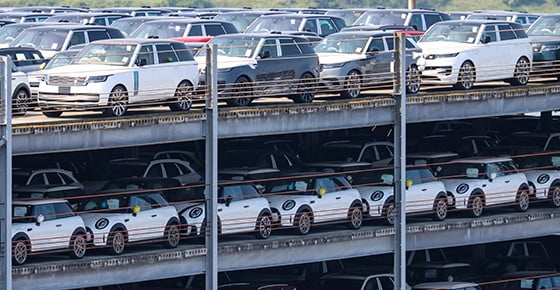
News
Trade
SMMT statement on US trade tariffs
2 Apr 2025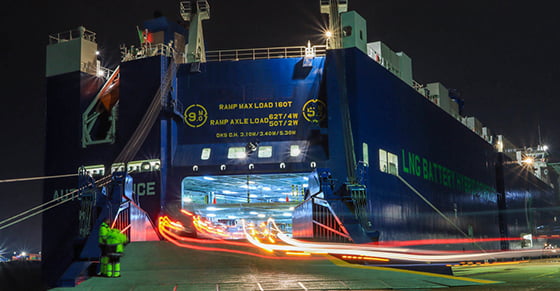
News
CEO Update
UK will be stronger with industrial and trade strategies
28 Mar 2025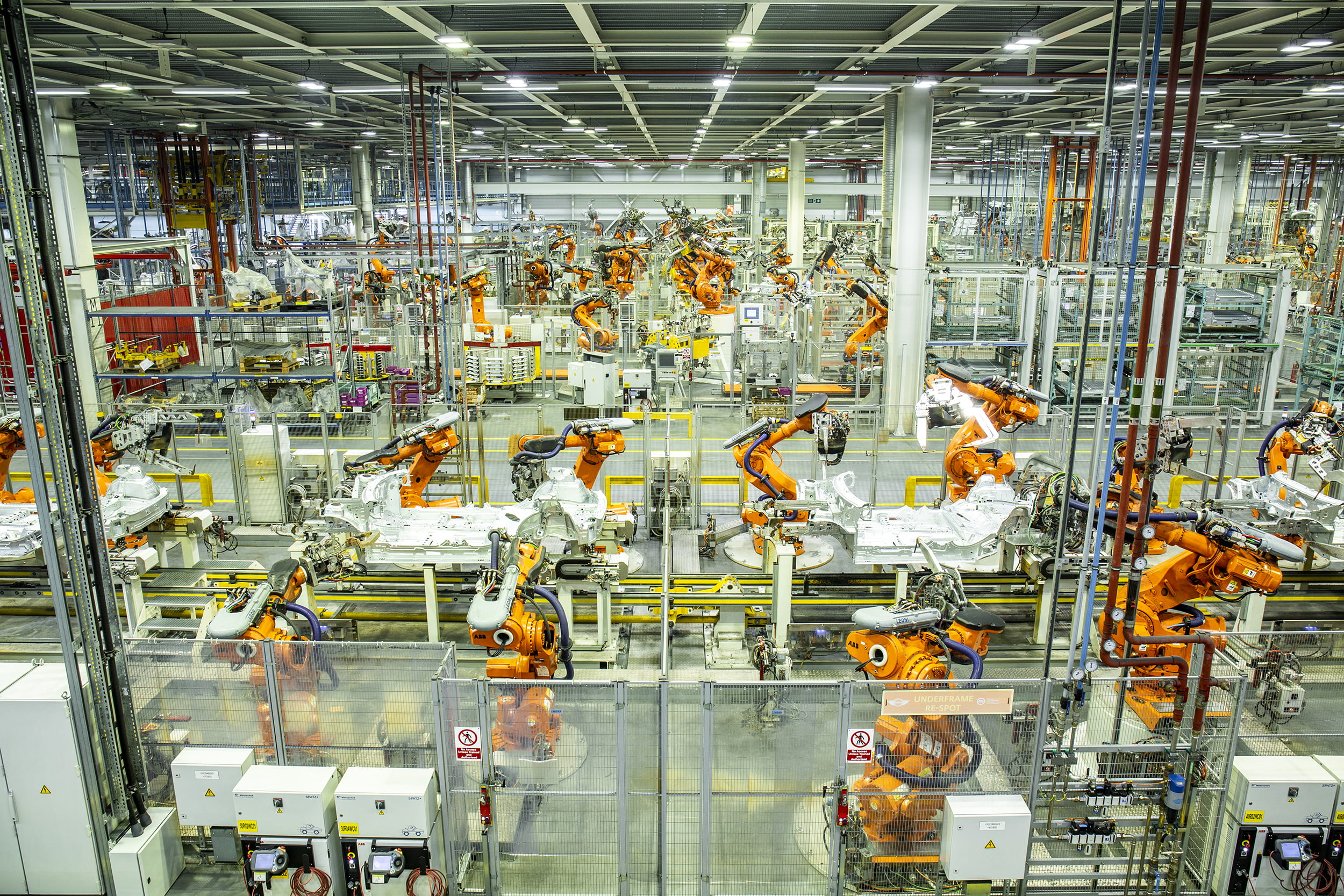
News
Car
Car manufacturing
Car output down as sector calls for measures to boost manufacturing and market competitiveness
27 Mar 2025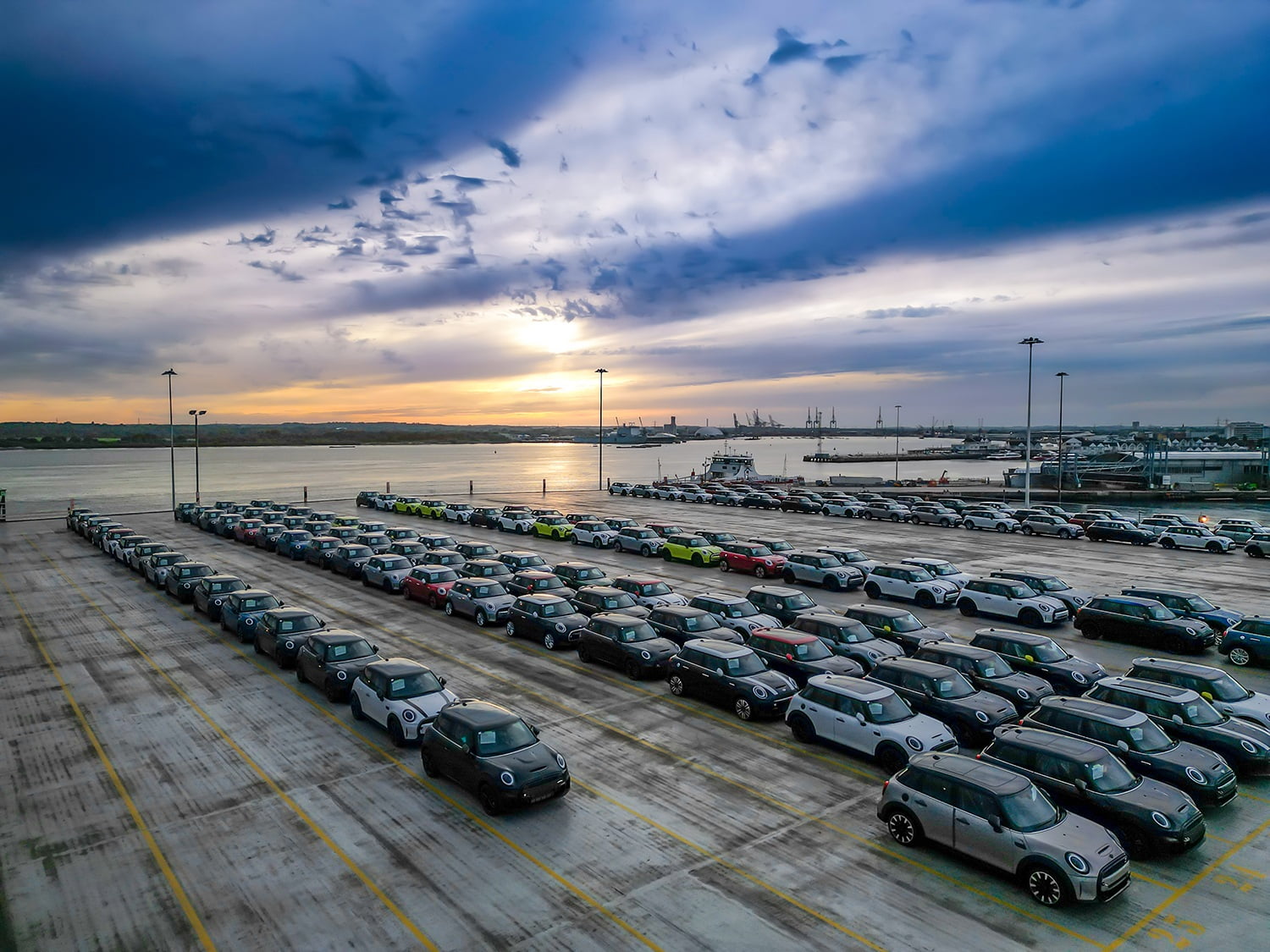
Statements
Manufacturing
SMMT response to President Trump tariff news
26 Mar 2025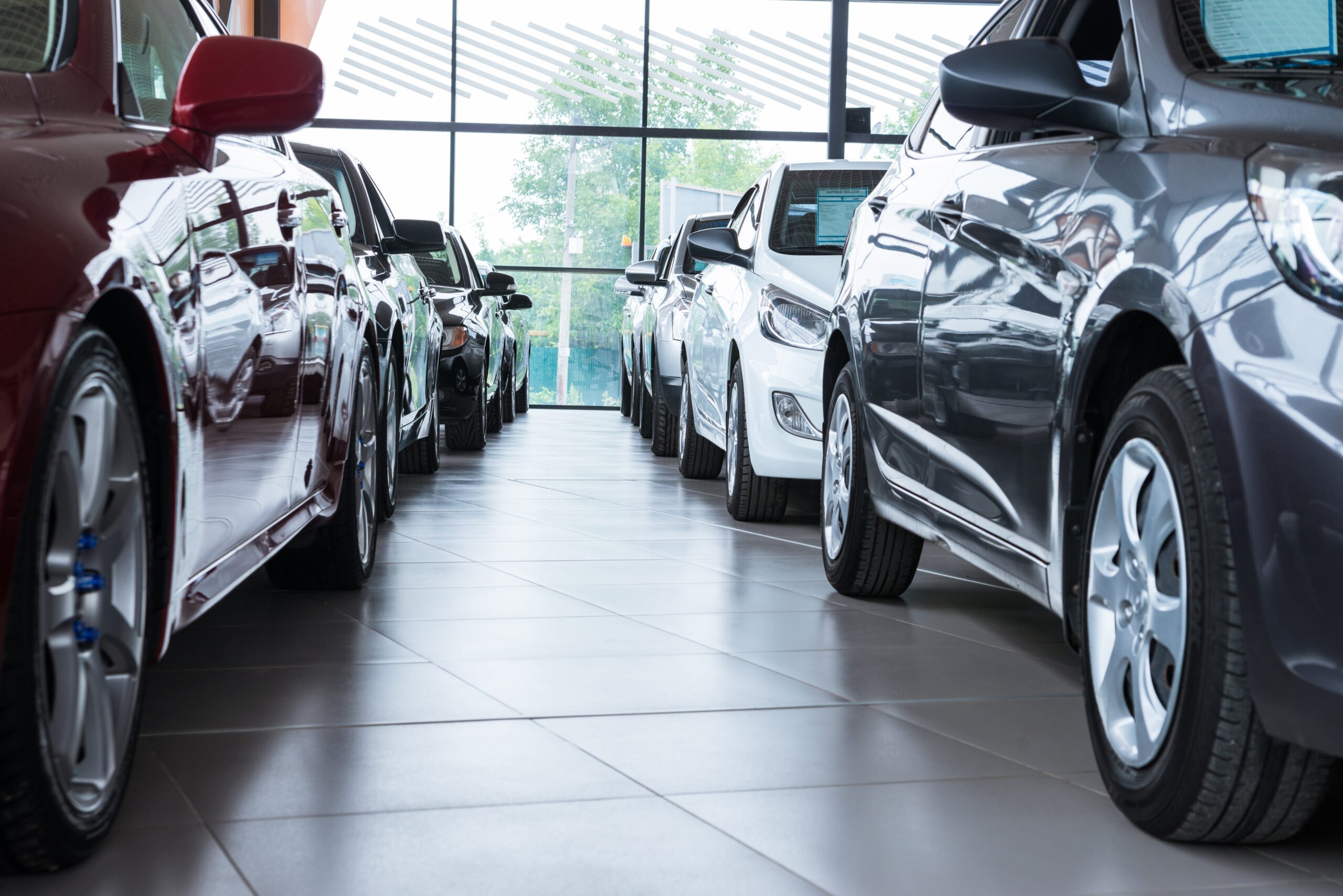
News
Registrations
Pre registrations
February 2025 new car pre-registration figures
25 Mar 2025
News
Membership
New Members – March
25 Mar 2025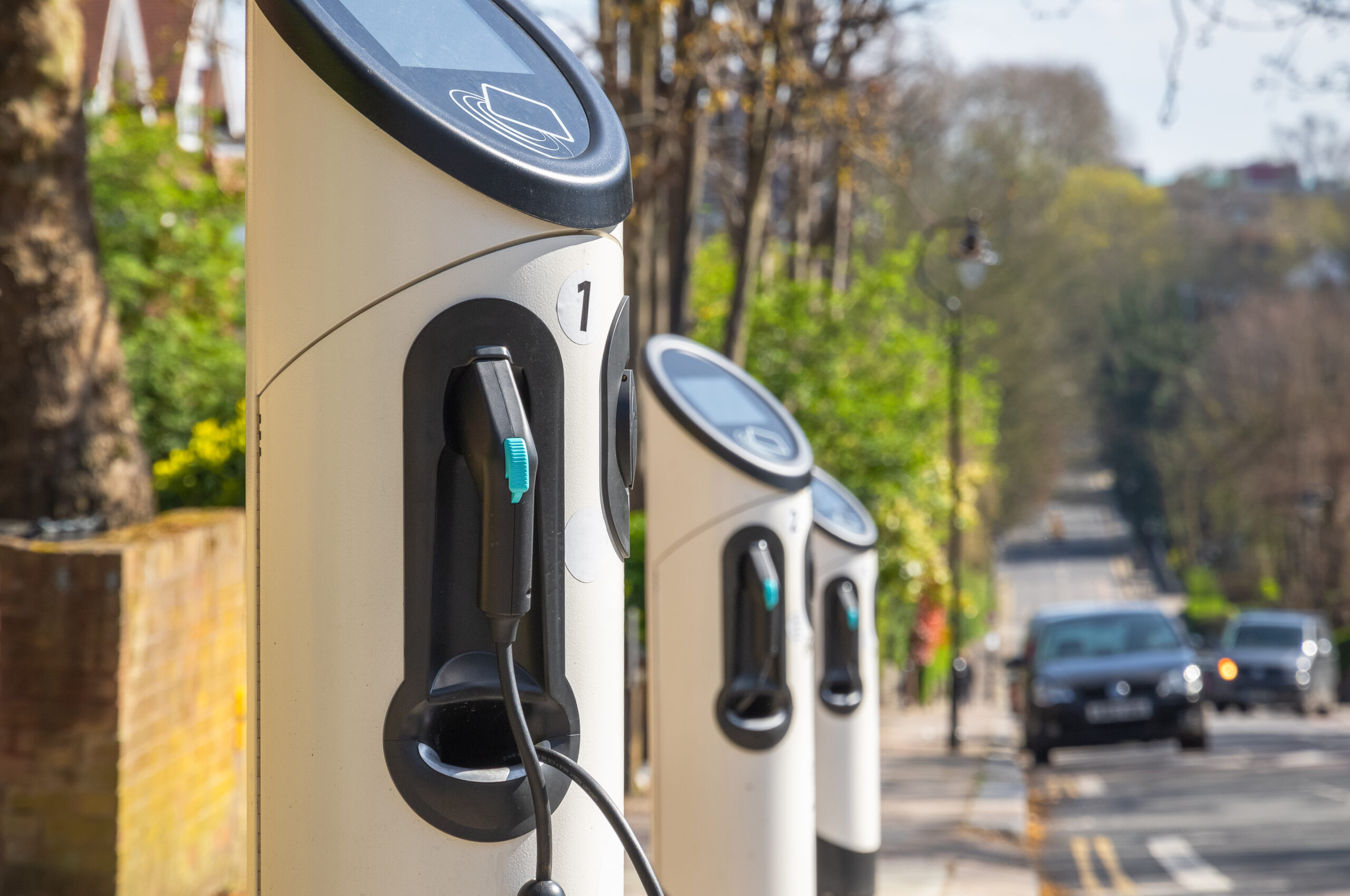
News
CEO Update
Higher EV volumes will drive wider growth
21 Mar 2025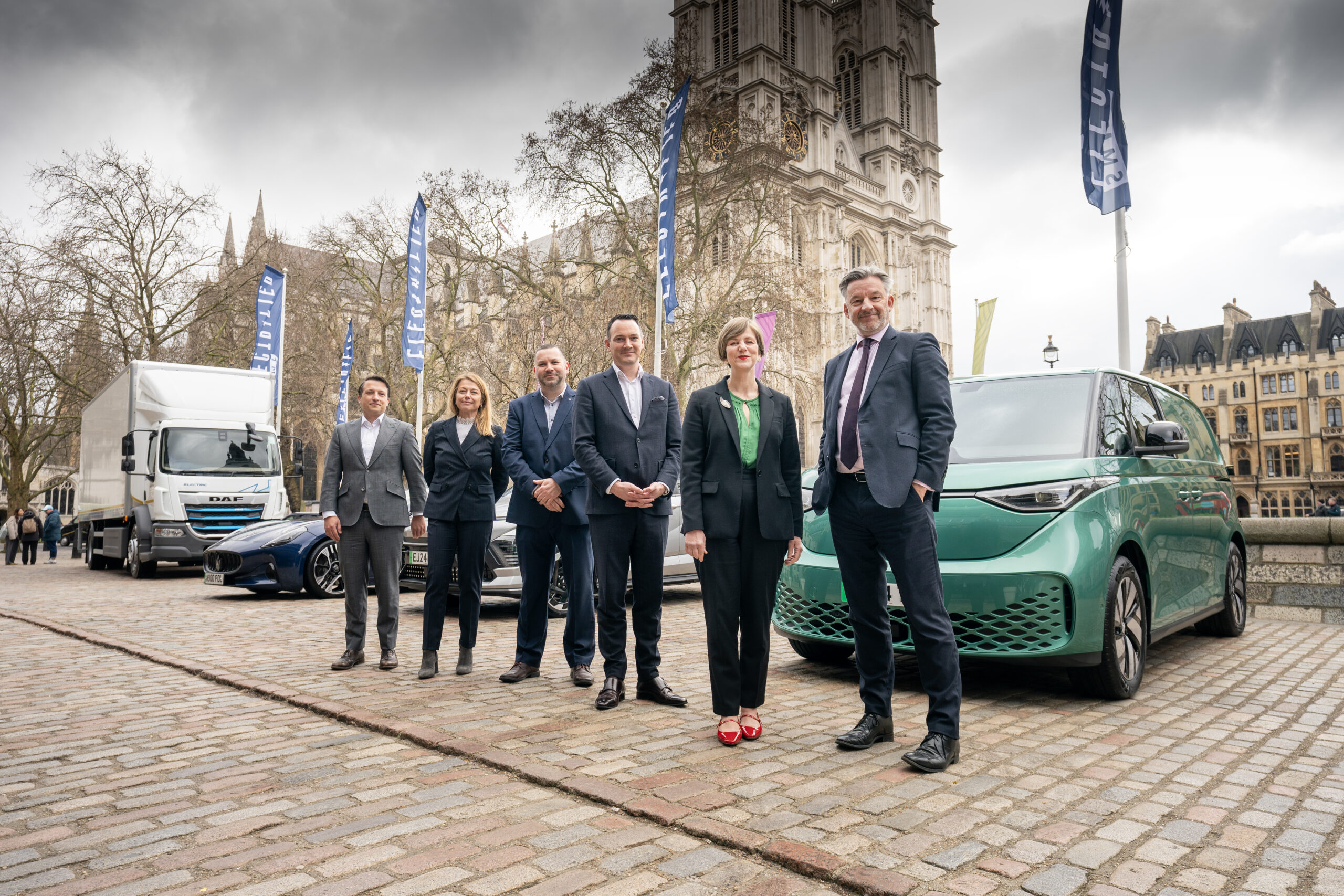
News
CEO Update
EV transition will be won by all sectors, together
14 Mar 2025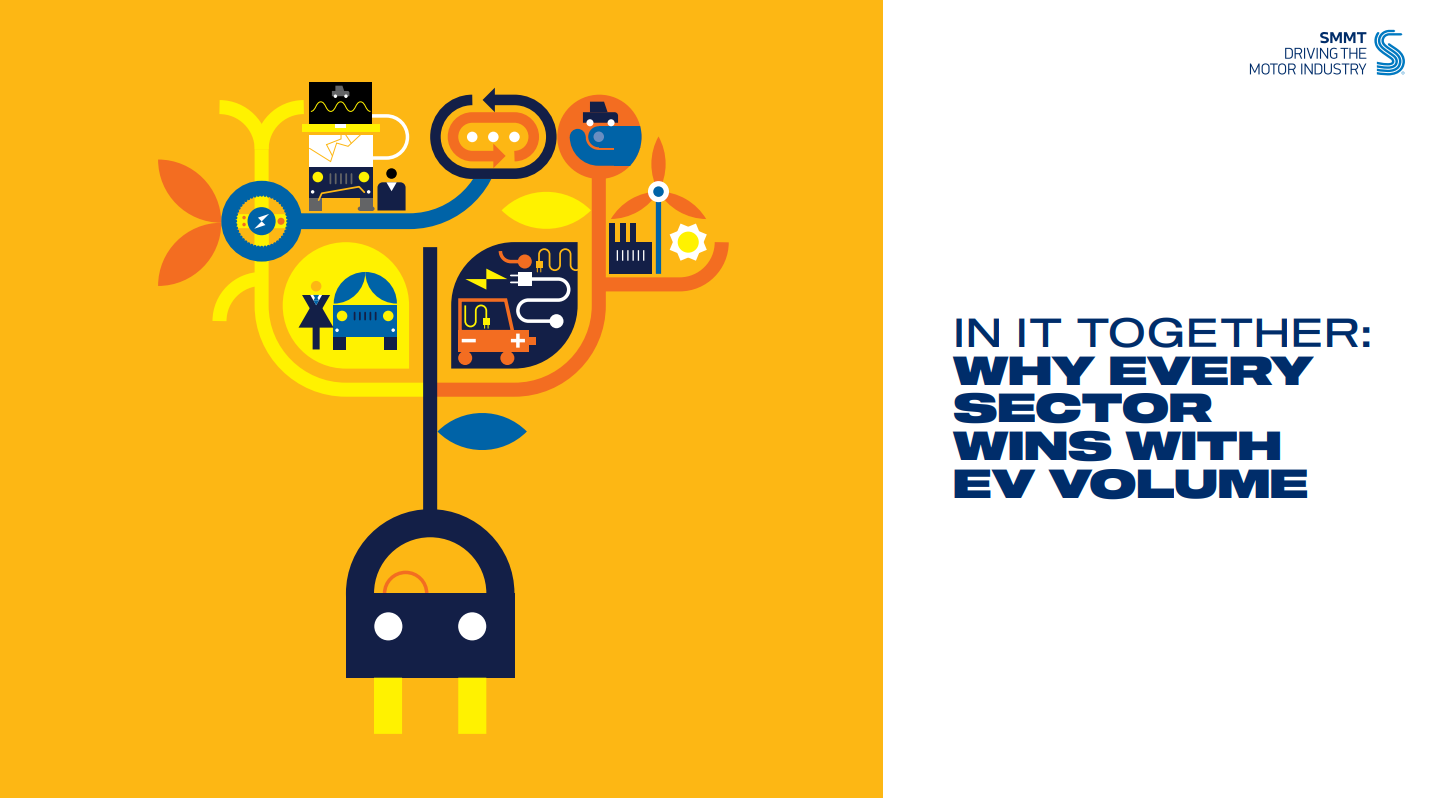
Reports
Electric vehicle